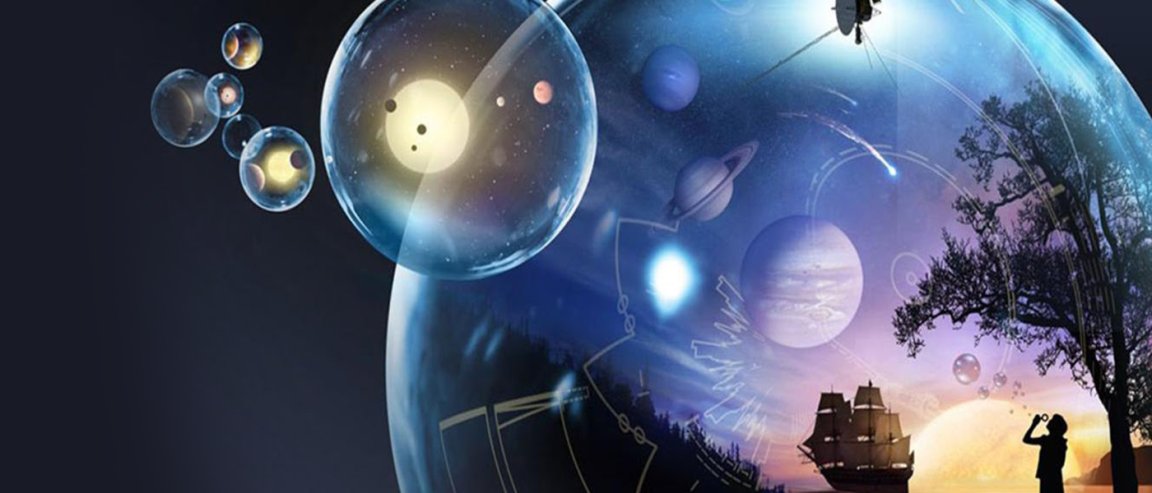
The Natural Selection of Bad Science
The cornerstone of any scientific discovery is fact.
Unfortunately, like other fields and industries, science is just as susceptible to sensationalism. And factors such as commercial and institutional pressure to get published by high-profile journals, and high competition for academic prestige, are slowly eroding the legitimacy and objectivity of scientific research.

It’s a pressing concern that needs to be discussed. And to put the spotlight on this, University of California, Merced researchers created a computer model simulating what happens when scientists compete for jobs and academic prestige.
In the simulation, lab groups received greater rewards for publishing findings deemed ‘novel.’ They had to work harder to be more rigorous about their methods, leading to lower academic output, but improved quality of research. No one intentionally cheated or fudged the results, but over time, effort decreased to its minimum value and the rate of false discoveries rose. The possibility of passing on these shoddy methods to the next generation of scientists working in the lab also became evident.
The Solution?
Announcing something novel and attention-grabbing is incentivized because it captures human interest; which, in turn, gives scientists more support to further their research from grants. This however, runs the risk of lowering the credibility of science because it prompts scientists to embellish or skew papers to gain attention, instead of committing to rigorous methods of research and scientific integrity.
“Scientists are just humans, and if organisations are dumb enough to rate them on sales figures, they will do discounts to reach the targets, just like any other sales person,” says Vince Walsh from University College of London in an interview with The Guardian.
If we want to ensure the credibility and integrity of scientific research and study, then incentives must shift to that kind of science. This means institutions must move away from evaluating scientists quantitatively and instead focus on science that is meaningful and reproducible.
Shining a light on these issues, the researchers believe, will prompt conversations that will spur action on an institutional level.